What if your good deeds didn’t end when you did? That’s the power of Sadaqah Jariyah. It’s a form of ongoing charity that keeps benefiting others and bringing you rewards in this life and the Hereafter.
Islam teaches us to care for others and give generously, not just with money, but through every small act of kindness. Among all forms of charity, Sadaqah Jariyah (ongoing charity) holds a special place. It’s an act that lives on helping people and bringing you reward, even after death.
Let’s explore what Sadaqah Jariyah means, its benefits, and practical ways you can take part in this beautiful, everlasting charity.
What is Sadaqah Jariyah?
Sadaqah al Jariya is a continuous and ongoing charity. It is one of the most rewarding acts a person can do in his life. This type of charity can be reaped in this lifetime and even after one has passed.
Some of the widely used English synonyms of Sadaqa Jariah are Ongoing/running/continuous charity, recurring charity, ever-flowing charity, perpetual charity, etc.
The Messenger of Allah ﷺ said: “When a man dies, his deeds come to an end, except for three: A continuous charity (Sadaqa-e-Jariah), knowledge by which people derive benefit, a pious son who prays for him.” [Sahih Muslim]
In simple terms, any good deed (Hasanat) that keeps benefiting people, like building a well, supporting Islamic education, or spreading knowledge, counts as Sadaqah Jariyah.
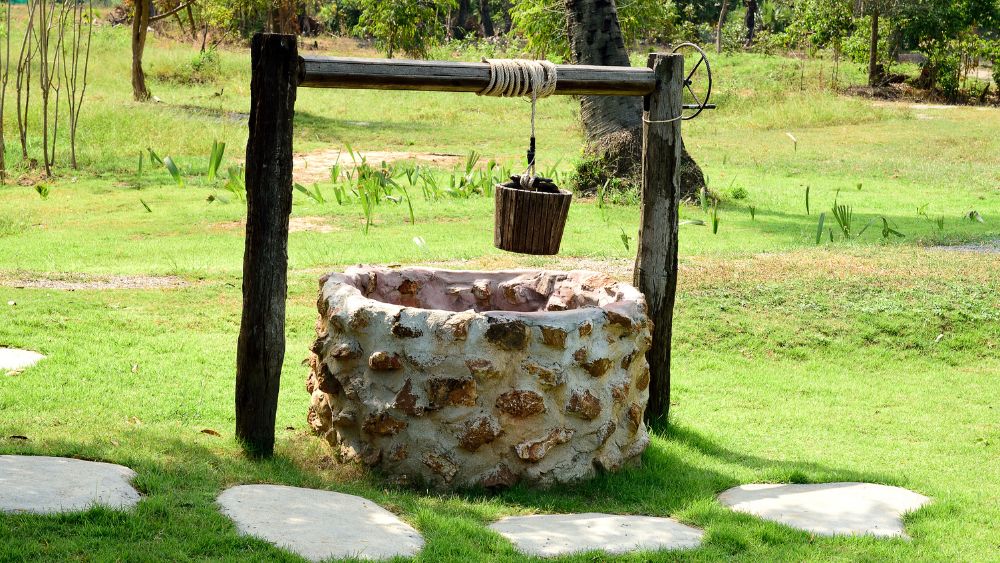
Quran Verses on Ongoing Charity
While the term “Sadaqah Jariyah” isn’t directly mentioned in the Qur’an, its essence is found throughout. Here are a few powerful verses:
“Indeed, those men and women who give in charity and lend to Allah a good loan will have it multiplied for them, and they will have an honorable reward.” [Surah Al-Hadid, 57: 18]
“Those who in charity spend of their goods by night and by day, in secret and in public, have their reward with their Lord: on them shall be no fear, nor shall they grieve.” [Surah Al-Baqarah, 2: 274]
“The semblance of those who spend their wealth in the Way of Allah SWT, is as the likeness of a grain of corn, which grows seven ears and each ear has a hundred grains. Allah SWT gives manifold increase to whomever He pleases. Allah SWT is All-Sufficient, All-Knowing.” [Surah Al-Baqarah, 2: 261]
“And spend something (in charity) out of the provision which we have bestowed you, before death should come to any of you and he should say, o my Rabb! Why do you not give me respite for a little while? I should then have given (largely) in charity, and I should have been one of the doers of good.” [Surah Al-Munafiqun, 63: 10]
Hadith on Sadaqah Jariyah
The Prophet ﷺ emphasised the lasting reward of Sadaqah Jariyah. Here are some Ahadith mentioned in the hadith books,
Abu Hurairah (RA) reported Allah’s Messenger ﷺ as saying: “When a man dies, his acts come to an end, but three, recurring charity (Sadaqah al Jariyah), or knowledge (by which people) benefit, or a pious son, who prays for him (for the deceased).” [Sahih Muslim]
‘Abdullah bin Abu Qatadah narrated that his father said The Messenger of Allah ﷺ said: “The best things that a man can leave behind are three: A righteous son who will pray for him, ongoing charity (Sadka e Jariah) whose reward will reach him, and knowledge which is acted upon after his death.” [Sunan Ibn Majah]
It was narrated from Abu Hurairah (RA) that the Messenger of Allah ﷺ said: “When a man dies, all his good deeds come to an end except three: Ongoing charity (Sadqa Jaria), beneficial knowledge, and a righteous son who prays for him.” [Sunan an-Nasa’i]
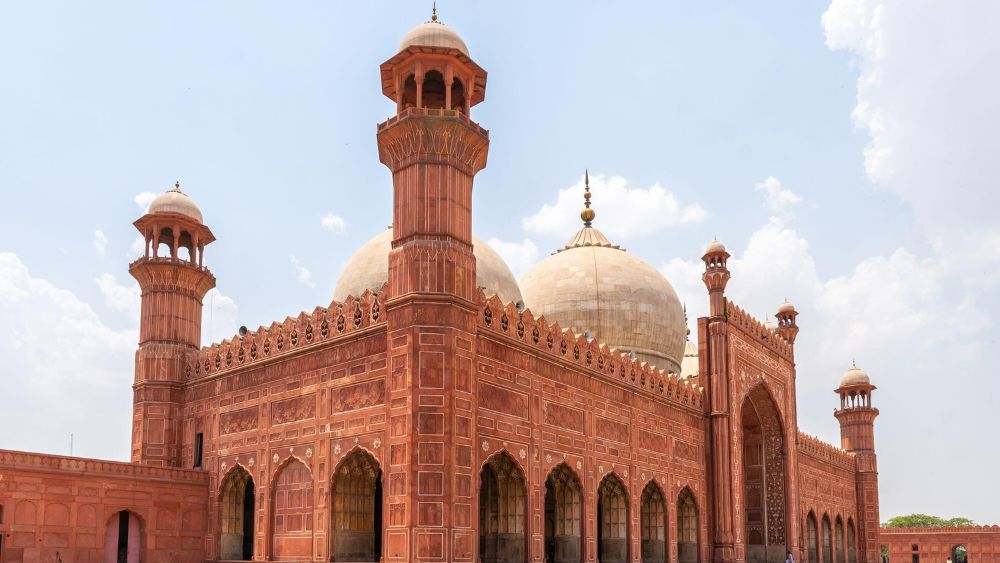
What Scholars Say About Ongoing Charity
Imam An-Nawawi (رحمه الله) commented on this hadith on Sharh Muslim (11/85): “Sadaqa Jariyah (Ongoing charity) is a type of Waqf (endowment).”
Ibn Hazm (رحمه الله) said in al-Muhalla (8/151): “Recurring charity (Sadaqah Jaariya) is that which continues to bring reward even after death.”
Shaykh Ibn ‘Uthaymeen (رحمه الله) said in Sharh Riyaadh al-Saaliheen (4/13): “Running charity (Sadaqah Jariaah) refers to any righteous deed of a man that continues after his death.”
Benefits of Sadaqah Jariah
Sadqa Jariya is important for many reasons. Some of the virtues and benefits of the recurring donation are given below.
1. Eternal Rewards
It’s an investment in your Hereafter. When you give Sadaqa Jariyah in your name or the name of a loved ones, it keeps going and so do the blessings.
Allah (SWT) has guaranteed to record such continuous acts of charity in the following verse-
“We shall certainly bring the dead back to life and record what they did as well as what they had left behind. We keep an account of everything in a clear Record.” [Surah Ya-Sin; Verse 12]
It is also mentioned in the Hadith-
“The charity of each one shades him on the Day of Resurrection — a Day in which the sun shall be brought near the heads of people until Allah passes judgment between them.” [Musnad Ahmad]
2. Protection from Hardships
The Prophet ﷺ said, “Give the Sadaqah without delay, for it stands in the way of calamity” [Jami At-Tirmidhi]
In another hadith, Allah’s Messenger ﷺ said, “Sadaqah removes sins of a person just as water extinguishes fire.” [Jami At-Tirmidhi]
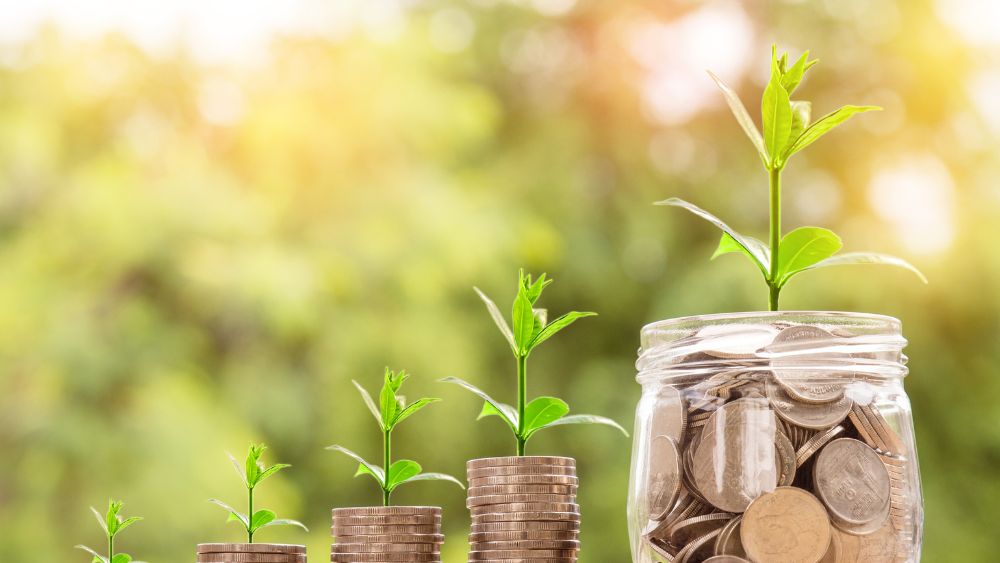
3. Positive Impact on Society
Most Sadaqah Jariyah projects like building schools or wells directly uplift communities, break cycles of poverty, and inspire others to give.
4. Brings Barakah in Your Life
Sincere charity brings blessings to your life, wealth, and family. It also strengthens your connection with Allah and brings peace to your heart.
5. Fulfillment of Religious Duty
Donating Sadaqa Jaria aligns with the teachings of Islam, which emphasizes the importance of charity and helping those in need. Fulfilling this duty can bring a sense of fulfillment and spiritual satisfaction.
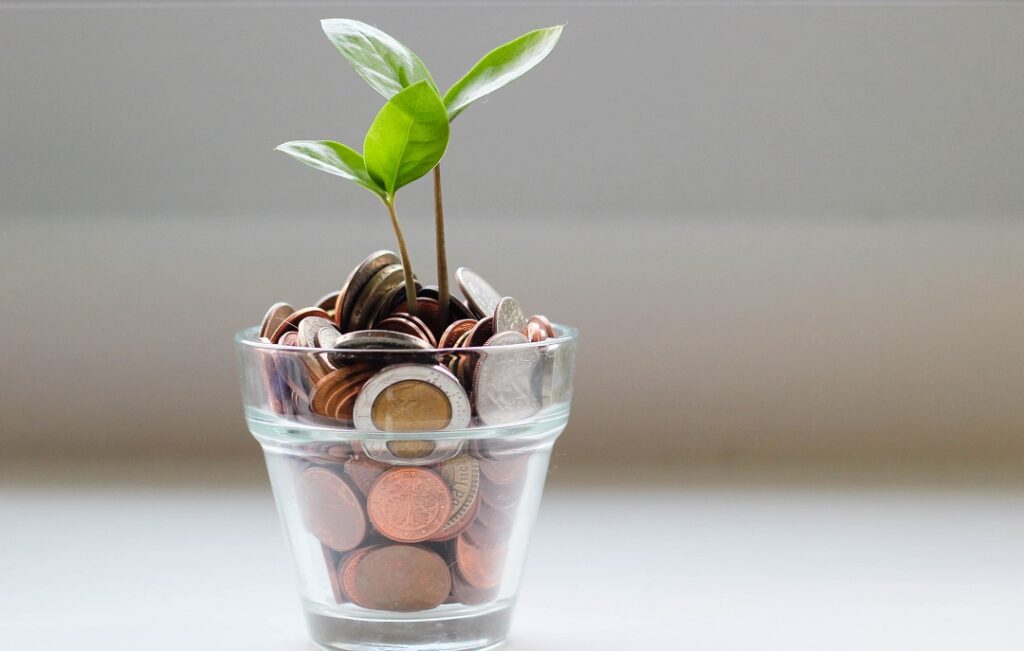
10 Types and Examples of Sadaqah Jariyah
The forms of Sadaqah Jariyah can vary widely. Some common examples include building masjids, schools, hospitals, and water wells; spreading Islamic teachings; sponsoring children and orphans; planting trees; and more.
Now, let’s explore several examples and ways to engage in Sadaqah Jariyah.
1. Sponsoring Children or Orphans
Supporting orphans or children is a great way to earn ongoing rewards. Helping with their education and care brings you closer to Allah SWT and creates lasting impact that continues after you’re gone.
2. Spreading Islamic Knowledge
Sharing Islamic knowledge is a form of Sadaqah Jariyah. Whether by teaching, writing, giving Qur’ans, or supporting educational projects, your efforts will benefit generations.
Greentech Apps Foundation (GTAF), a UK-registered charity, develops Islamic apps to help people better understand Islam. Your donation to GTAF counts as ongoing charity and will bring rewards in this life and the Hereafter.
Your contributions will bring people closer to Allah and fulfill the Islamic digital needs of the Ummah.
Don’t miss this chance to donate to GTAF and empower us to bring people closer to Allah.

Abu Huraira (RA) reported Allah’s Messenger ﷺ as saying: “He who called (people) to righteousness, there would be reward (assured) for him like the rewards of those who adhered to it, without their rewards being diminished in any respect. [Sahih Muslim]
3. Donating Property (Waqf)
Giving land or buildings for good causes like mosques, schools, or hospitals is a lasting charity that benefits many for years.
4. Building Masjids, Schools, and Hospitals
Building Islamic institutions like Masjids and Madrasas or establishing hospitals is another example of ongoing charity. Your contributions to these causes keep giving rewards long after you’re gone, as they keep helping people over time.
5. Digging Water Wells, Canals
Establishing a sustainable source of clean water is a continuous charity in Islam. By digging water wells and canals, you can get this reward easily until the water source exists.
6. Planting Trees for Shade
Trees give shade, fruits, and shelter for people and animals. Planting trees is a good deed that keeps giving benefits over the years.
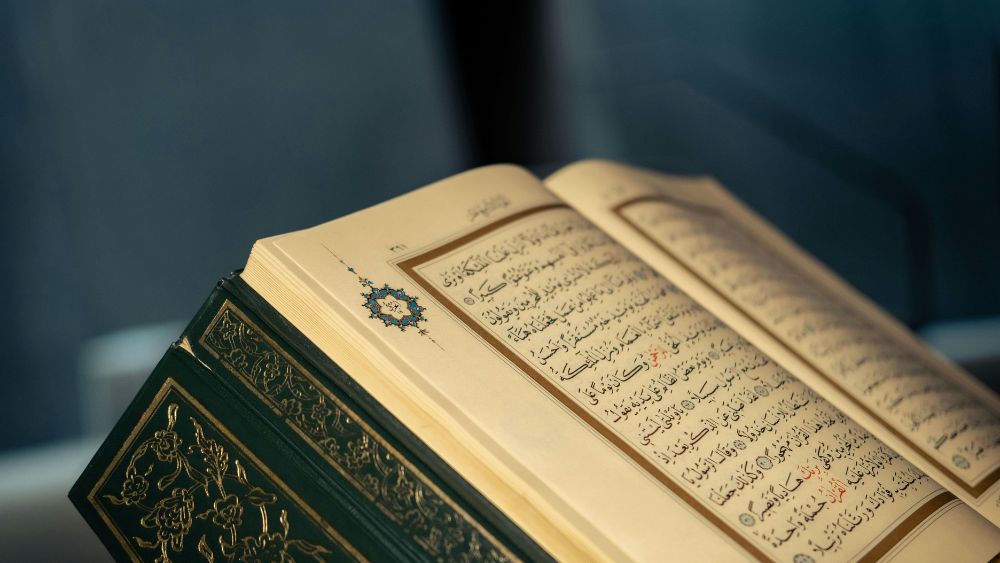
7. Building Houses for Wayfarers
Making shelters for travelers or people who need help is another type of Sadaqah Jariyah. These shelters keep helping others for a long time. By giving a safe place to travelers, you receive lasting rewards from Allah.
8. Inventing Helpful Things for Humanity
Islam teaches us to utilize our knowledge and skills for the betterment of humanity. Inventing something for humanity stands for the essence of Sadaqa Jariyah. It could be a medical breakthrough, technological innovation, or social advancement.
9. Starting or Supporting Communities that Help Others
Building groups that support the needy, feed the hungry, or shelter the homeless creates lasting good.
The Prophet ﷺ said, “Whoever institutes a good practice in Islam will have its reward and the reward of whoever acts upon it without diminishing their rewards in the slightest.” [Ṣaḥīḥ Muslim]
10. Teaching People Valuable Skills
Teach people the valuable skills that you have. This could include creating Islamic websites, generating motivational content for Dawah’s purpose, etc. This will resonate throughout generations, and you will get benefits even in the grave in sha Allah.
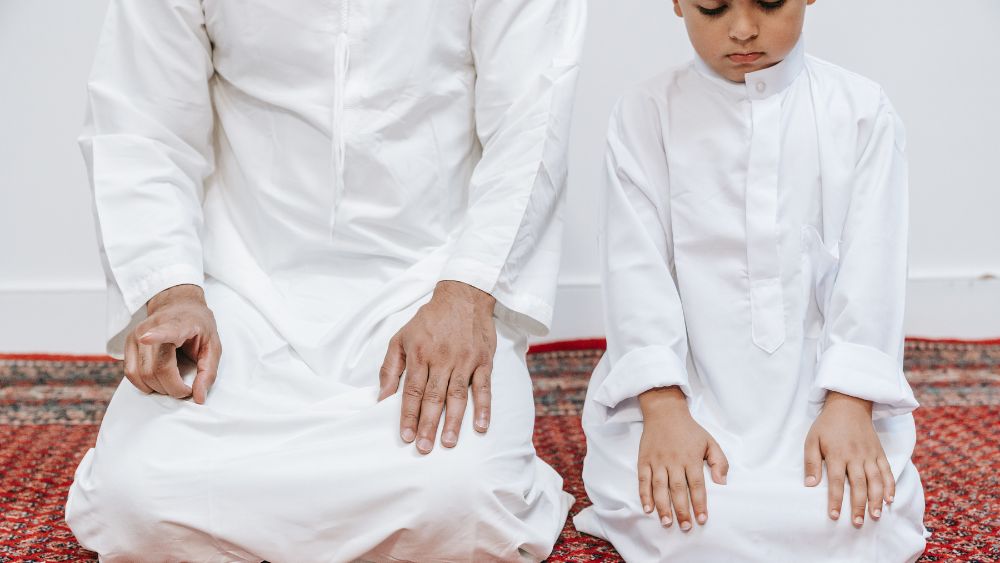
Frequently Asked Questions
Q. Is Sadqah Jariah mandatory?
Ans: No, but it is highly encouraged due to its long-lasting benefits.
Q. Can I donate Sadaqah Jariah to deceased parents or others?
Ans: Yes. You can donate Sadkah Jariah on behalf of alive or dead persons like your parents. And this charitable donation will reward that person.
Q. What is the difference between Sadaqah and Sadadah Jariya?
Ans: Sadaqah is short-term and benefits the recipients on a single occasion. It counts as one good deed for the giver. On the other hand, Sadaqah Jariya is long-term and benefits the recipients continuously, and the giver continues to be rewarded even after death.
For example, providing food for someone is Sadaqah as it benefits that person momentarily. But building a masjid for people where they can regularly go to pray is Sadqah e Jariyah, as it aids people for years to come. It will continue to benefit the giver in this life and the Hereafter Insha’Allah.
Q. How Sadaqah Jaariah differs from Zakah?
Ans: Sadqah Jariya is a voluntary task, but Zakah is a mandatory duty for Muslims who have a Nisab amount of wealth. You can give Sadaka Jaria as much as you can. On the other hand, Zakah should be given a 2.5% rate. Zakah is given every fiscal year, but Sadakah Jariah can be donated anytime.
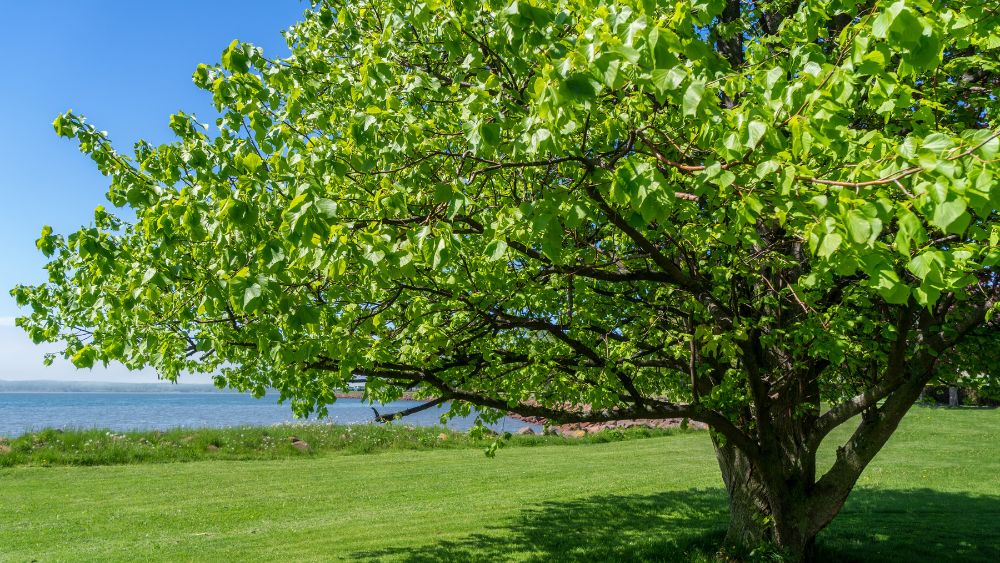
Conclusion
Sadaqah Jariyah is a beautiful way to keep giving and receiving rewards even after life ends. Whether you support education, build a well, or spread knowledge, your efforts can make a difference for generations.
Join us at Greentech Apps Foundation (GTAF) as we create Islamic apps that reach millions around the world. Your support is an ongoing charity that benefits the Ummah and brings you blessings in this life and the next.
May Allah grant us the ability to do continuous good and accept our efforts. Ameen.
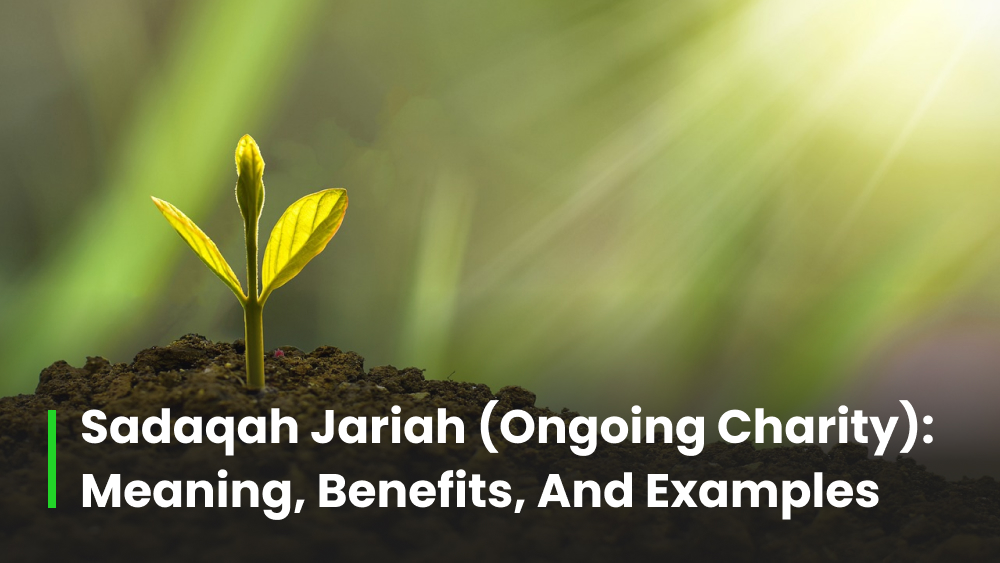
Leave a Reply